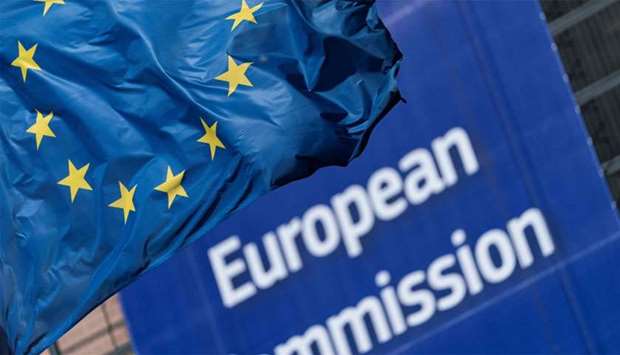A senior official tasked with drawing up the European Commission's much-anticipated proposal to overhaul the bloc's politically explosive and strained migration system says the plan will likely only be ready in autumn.
The European Union's member states first need to settle on plans for a shared coronavirus economic recovery fund and their long-term budget, EU Home Affairs Commissioner Ylva Johansson tells dpa.
‘I am ready to present the Pact on Migration and Asylum when this time comes, probably in September,’ she said. This would be months later than the EU's executive arm initially hoped.
Proposing the pact and getting the 27 deeply divided EU capitals to agree on it is arguably the most crucial and challenging task in Johansson's portfolio. The latter job is expected to run into 2021, according to the senior official.
For years, southern EU states have charged fellow bloc members with a lack of solidarity as many refuse to take in a fixed share of some of the tens of thousands of migrants that reach the EU each year, many via the Mediterranean Sea.
At present, the so-called Dublin Pact system stipulates that asylum seekers must make their application in the EU country where they first arrive - a system that puts great pressure on Greece, Italy, Spain and Malta.
‘It is a tough task,’ Johansson says. ‘The former commission's proposals were never fully accepted.’ Vienna, Budapest and Prague are among those who oppose mandatory redistribution quotas.
Johansson told dpa she is ‘optimistic’ after talks with each member state. ‘I think everyone realises that there must be a compromise. This is how Europe works.’
The Swedish centre-left politician is also hoping that Germany's six-month EU presidency will help speed up progress: ‘I feel very comfortable with the German presidency at the steering wheel.’ Berlin has identified migration as an issue of priority for its programme, according to Johansson.
Some of the broad strokes of the proposal are already known: More tightly policing external borders, greater efficiency in carrying out deportations for those whose asylum claims are rejected, but also ensuring there are ways to come legally to the EU either as a refugee or a worker.
The EU's current approach to migration is frequently criticised by activists who charge the bloc with complicity in the deaths of people crossing the Mediterranean. More than 19,000 have died there since 2014.
The commission of President Ursula von der Leyen, in office since late 2019, also wants to find a new way to manage patrols of the Mediterranean and crack down harder on human trafficking networks.

